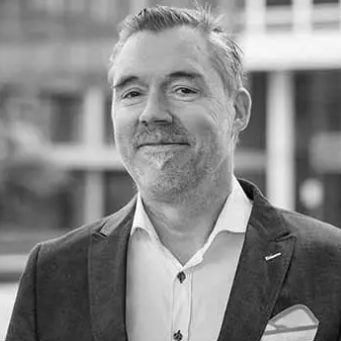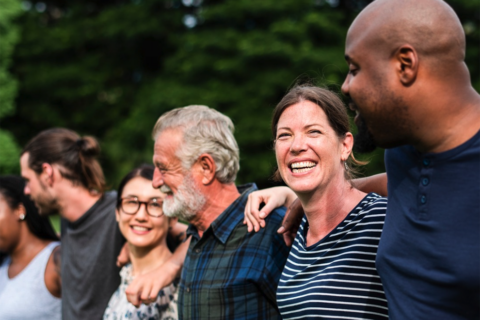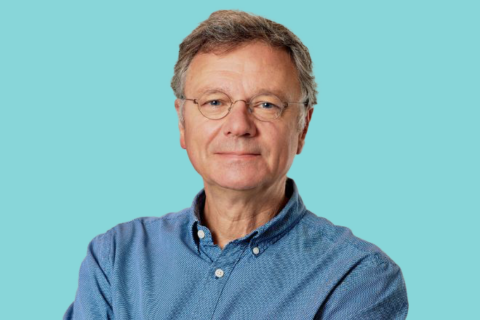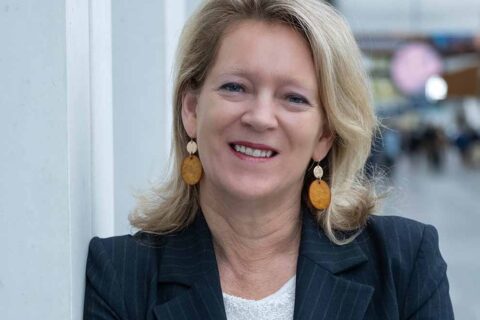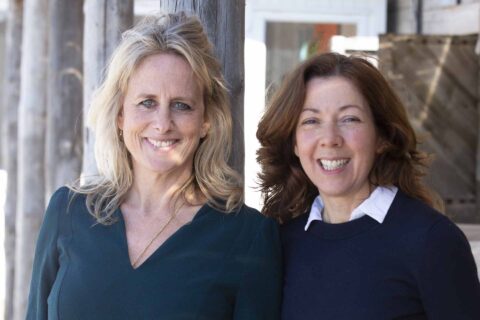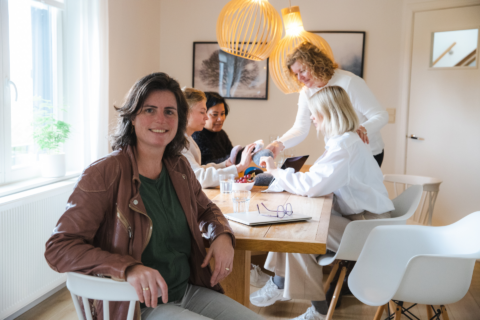After ten years, Positive Health has made its’ mark on and become an integral part of the Dutch Health Care system. This school of thought and model is quickly catching on across the border and Positive Health is finding ground in Belgium, Iceland, Japan and Germany.
Exactly ten years ago, Machteld Huber and colleagues published on a new concept of health: ‘Health as the ability to adapt and self-manage’. In the Netherlands this has been further developed into Positive Health. Titled ‘Positive Health in Primary Care, the Dutch example’, the Institute for Positive Health (iPH) now published the lessons learned and experiences form these ten years, in a book to reach an international audience.
Resilience and self-management
People are not their disease. This is perhaps the most important message Huber and the other Positive Health advocates have broadcast into the world. With Positive Health, the emphasis is not on disease and (health)care, but on resilience and self-management. This also changes the role of the health care provider/professional. Instead of taking care of someone and taking over, the healthcare professional supports the patient in their own search for what makes their life full and meaningful.
“It took a few years for Positive Health to take root,” says Barbara Piper, Positive Health educator and former head of the Academy for Positive Health. “But today, we see that it’s permeated in all corners of society.” The numbers seem to prove her right. With quite some pride Piper mentions that last month their hundredth trainer was trained and certified.
Country implementation
“We are presently training in Iceland”, Piper continues.“ “The concept has taken flight and is working towards national implementation through health care facilities. How cool is that!“ Maybe a country of 350.000 habitants is not completely representative, but also in Belgium and Japan elements of this new concept are being applied as well as in Germany where they are getting ready to get started.
There is a great need for moving from disease oriented to more health centered and sustainable health care”, says Karolien van den Brekel, GP, trainer en co-author of Positive Health in Primary Care. “The model of Positive Health supports this. We don’t just talk about it, but we offer tools for action.”
Innovation in Health Care
National as well as international success can’t hide that there is still a lot of work that needs to be done. “Innovation in health care is like swimming in glue”, is Van den Brekel’s response. “Based on the model and content of the concept, every health care professional thinks Positive Health is interesting and could work. It fits in perfectly with the developments in patient-centered health care, with ‘deciding together’ and working towards a more community-oriented approach; but once the funding for the innovation stops, everything stops right there. Or it’s too busy in our day to day that we return to the old way of working. And it is going to continue to get busier and so this trend will continue forward even more.”
Our ingrained habits and reflexes are sometimes stronger than our desire to change. Health care professionals seem to have that natural inkling to want to take care of other people. “Also because our professionals have been trainers to focus on the disease within an illness-oriented system”, according to Van den Brekel.
“Of course it remains important to learn how to diagnose a patient medically, yet having professionals learn to to take a broader perspective and hold different kinds of conversations could change the game.” “If you truly want to help another person, you will soon find that supporting someone in their self-management, in becoming response-able and taking that responsibility is the best way to do that”, according to Piper.
“It’s about taking a broader perspective on Health and to look at what we can do to live and experience a healthier life. It’s really that switch from ‘I have a problem, and someone has to help me with the solution’ to ‘how can I become more resilient and make use of my opportunities’

